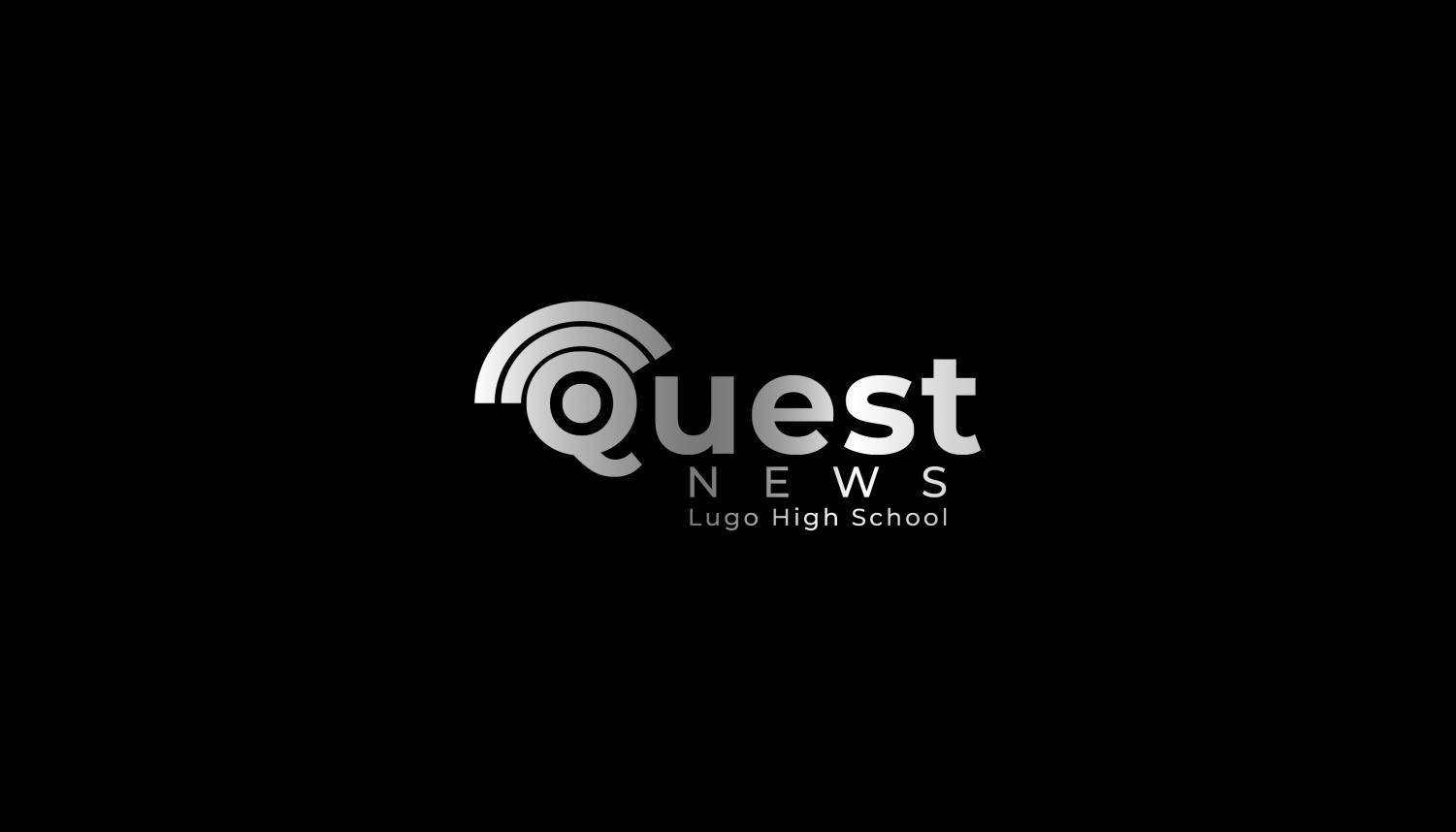Big Brother gets smart
Now that smart devices are being more and more popular in homes,people have to be more careful than ever. The Government has claimed that they can use smart devices to monitor conversations and surveillance the area around the device. Is it just a hoax? or do people have to start watching what they say in front of their own TV?
February 23, 2016
Electronics, such as smart TVs and phone applications, have the capability to do everything from listening in when you think they aren’t, to keeping tabs on where you’re going. However government agencies claim they are in the dark and have limitless resources to harvest data from appliances one wouldn’t expect.
The government’s power to retrieve information extends to the most innocuous devices and sources ranging from your phone, home, or car, all of these can be used to provide information that can be given or sold to third parties. While you might not be watching the TV, the TV might be watching and listening to you. In fact, the privacy policy provided for Samsung’s Smart TV warns consumers, “not to discuss personal information in front of their TV,” suggesting that people need to watch what they say in their own home.
While the companies responsible for collecting and holding this data claim they are keeping their users anonymous and safe, government agencies claim they are willing to find and use it.
In recent testimony before the Senate, US Intelligence Chief, James Clapper, says “In the future, intelligence services might use the [internet] for identification, surveillance, monitoring, location tracking, and targeting or recruitment, or to gain access to networks or user credentials.






